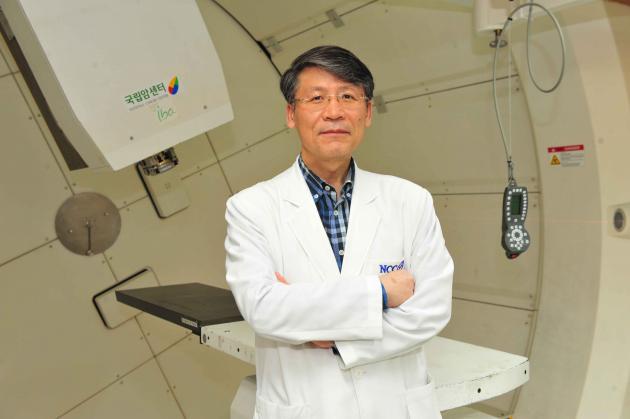Researchers at the National Cancer Center (NCC) have confirmed that proton therapy can increase the survival rate of both early and advanced liver cancer.

The team, led by Professors Kim Tae-hyun, Park Jung-won and Kim Bo-hyun, came to such conclusion after analyzing 243 patients who received proton therapy from June 2012 to April 2017.
The five-year survival rate of patients with proton therapy was 69 percent for patients with stage 1 liver cancer group and 65 percent for patients with stage 2 liver cancer. The rate was similar to that of other surgeries or high-frequency therapy, but significant for those patients who cannot receive surgery due to tumor location, size, recurrence, and accompanying disease such as old age, renal dysfunction.
The five-year survival rate was also 43 and 26 percent, respectively, for patients with stage 3 and 4 liver cancer.
The result was higher than the survival rates of other liver cancer treatments, indicating that proton therapy is effective in treating liver cancer in all stages. Also, none of the subjects had severe liver dysfunction due to proton therapy.
“Proton therapy is expanding the horizon of liver cancer treatment,” said Professor Kim Tae-hyun, also head of NCC’s proton therapy center. “Korea’s treatment results of liver cancer is so advanced that even patients from developed countries come to Korea to receive treatment.”
Based on the experience of 60,000 treatments in 11 years, the NCC plans to maximize the therapeutic effect and expands indications of the therapy so that more cancer patients can benefit from the treatment, Kim added.

